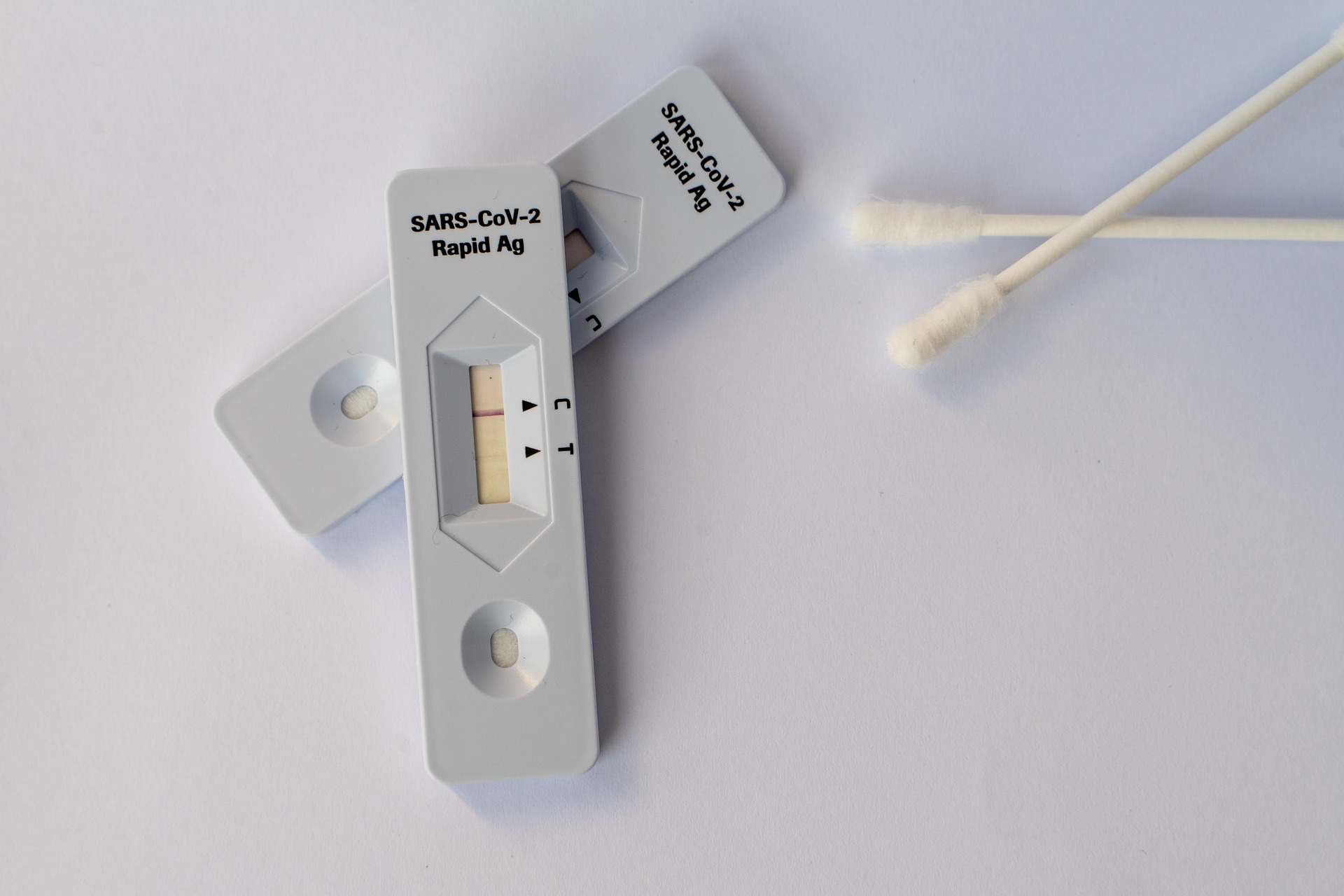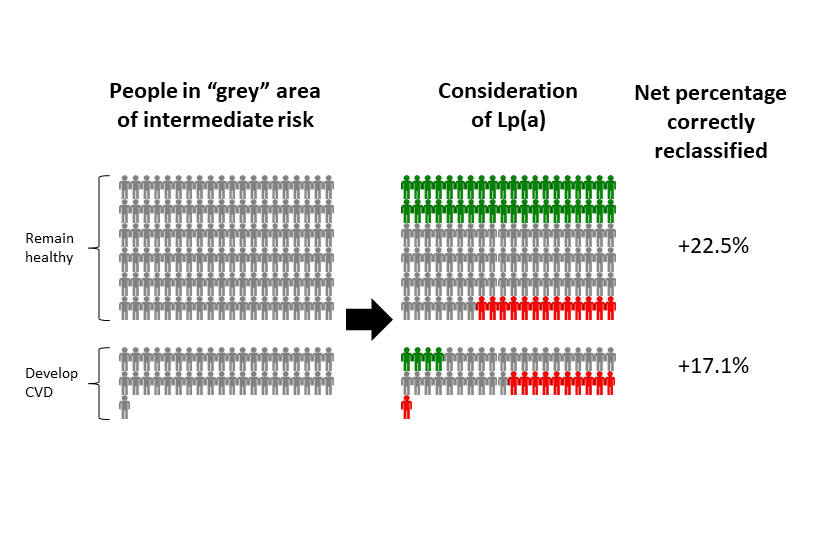How should Europe deal with the COVID-19 pandemic in the future? Which strategies should be pursued and what specific risks should be considered? In September 2021, we published a call in the Lancet for closer European collaboration in addressing the COVID-19 pandemic. Together with this call in the Lancet, we published an expert opinion paper […]
Read More
Towards a European strategy to address the COVID-19 pandemic
- November 22, 2021
- Comments off









